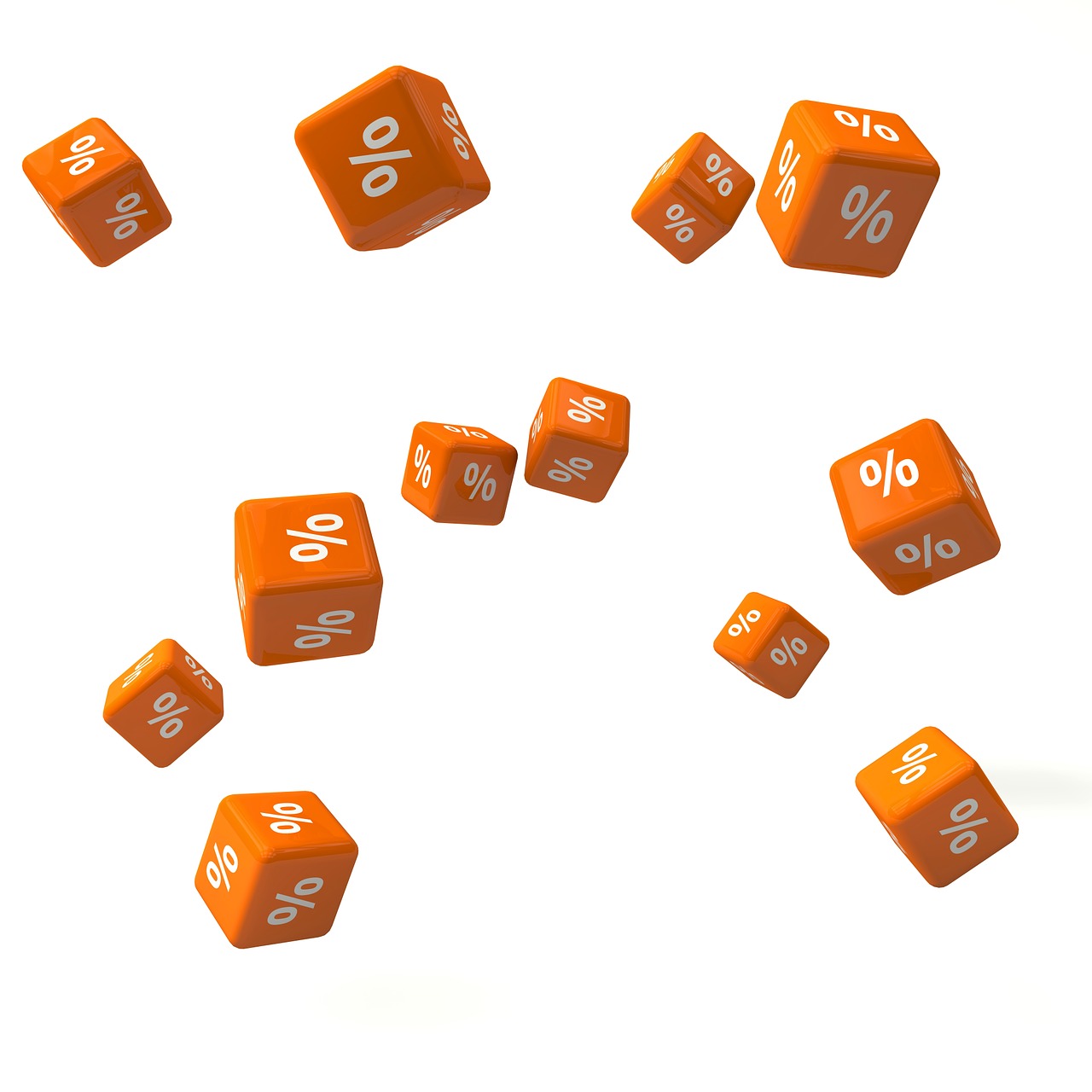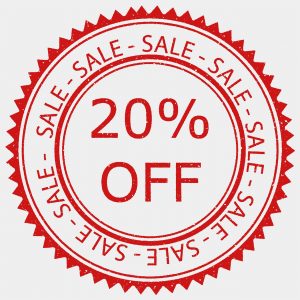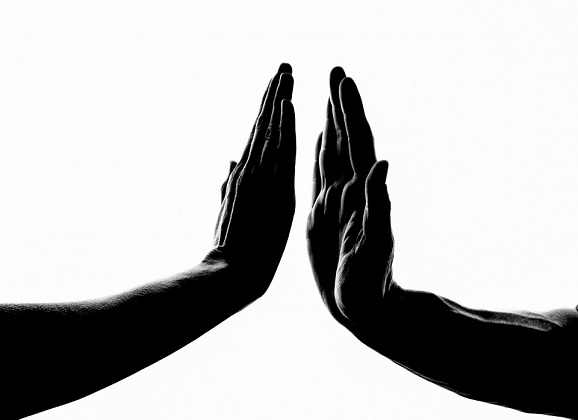The Danger of Discounts
The quality of our expectations determines the quality of our action. — A. Godin
 It’s not every day that I get excited at the grocery store, but a little bit ago, I was really pumped: The dishwashing gloves were on sale.
It’s not every day that I get excited at the grocery store, but a little bit ago, I was really pumped: The dishwashing gloves were on sale.
I know, not the most exciting opener. But stick with me. It gets better.
So, seeing these discounted dish gloves, I naturally purchased three pairs (big spender over here). And when I got home, I began to furiously clean dishes. But after just three plates, two forks, and some borrowed Tupperware, my first pair of gloves punctured and hot water scalded my fingers.
Stupid discount gloves! Of course they were bound to break!
But, was it really the gloves? Or was it the discount effect in action?
THE DISCOUNT EFFECT
 Previously, I’ve talked about the placebo effect on this site, where simply believing or expecting something to happen can actually make it happen. For example, when patients are given a sugar pill–but told it has pain relieving properties–people will report less pain after taking it.
Previously, I’ve talked about the placebo effect on this site, where simply believing or expecting something to happen can actually make it happen. For example, when patients are given a sugar pill–but told it has pain relieving properties–people will report less pain after taking it.
This, however, is a positive outcome. Sometimes, though, our expectations are just as likely to lead to negative outcomes. And this is called the nocebo effect.
For example, if patients believe a medication is going to cause a certain side effect–even though it has no biological potential to do so–people will still sometimes show symptoms of it (e.g., a headache, stomach discomfort, etc.).
What’s most impressive, though, is that placebo/nocebo effects don’t only happen with medication, and their effects aren’t always as subjective as personal pain…
Let me give you an example. With discounts.
Often, products are put on sale when an updated version is introduced to the market or the product is not performing as well as expected. Thus, over time, people come to form the association that “discounted products = inferior products.”
In fact, this association is so strong that even when a product is put on discount for a benign reason (e.g., it’s discounted because you bought it in bulk), people still believe the product is less effective. And this can have some meaningful consequences.

Although there was absolutely no difference between the energy drinks people consumed, those who drank the “discounted” energy drink completed only about half as many puzzles as those who drank the full-priced one. And in another study, exercisers who drank a discounted (vs. full price) energy drink reported a worse work out and greater fatigue. Even though it was always the same energy drink!
And if you weren’t impressed yet, these researchers had another article where they show the same effect with pain pills: Patients reported greater pain after taking discounted (vs. full price) medicine when they were otherwise identical!
…BUT HOW?
In order for a placebo (or nocebo) effect to occur, the individual must first have a specific expectation of how two things are related (i.e., a lay theory, as we’ve discussed before). In the previous research, people hold the expectation that “discounted products = inferior products.” Therefore, when it comes time for the activity (e.g., solving puzzles, exercising), those expectations influence actual behavior.
For example, 
But, it’s not just a person’s motivation that can be affected by placebo/nocebo effects. These can also impact one’s biology, too.
For example, research shows that people’s reward center in the brain actually activates more strongly when they think they’re drinking an expensive versus a cheap bottle of wine, even though the wines are in truth identical.
Thus, it’s not unreasonable to think that those drinking the full price (vs. discounted) energy drink, not only try harder on the puzzle solving task, but they actually have a greater release of neurotransmitters associated with increased focus and alertness.
Dang, the mind is a spectacle to try to understand!
ENACTING THE EXPECTED
So with those dish gloves I purchased: Was it my expectation that they were inferior products that led me to use them more recklessly, breaking them sooner than if I had bought them at full price? Or were they really just a cruddy set of dish gloves?
Sounds like an experiment in the making…
Expectedly,
jdt
Everyday Psychology: Can you think of other instances where your expectations surrounding something influenced your attitudes or behavior? For example, how do your expectations for taking a name brand (vs. generic) medication influence its effectiveness? How does your expectation for the quality of a car influence your driving performance? How do your expectations for the benefits of stretching influence your subsequent athletic abilities?
Shiv, B., Carmon, Z., & Ariely, D. (2005). Placebo effects of marketing actions: Consumers may get what they pay for. Journal of marketing Research, 42(4), 383-393.
Waber, R. L., Shiv, B., Carmon, Z., & Ariely, D. (2008). Commercial features of placebo and therapeutic. Jama, 299(9), 1016-7.








I feel reading reviews regarding services like a restaurant or amusement park or a movie/show, influences to great extent our own experience.
Milan, thank you for the great comment. I totally agree. Reviews totally set/influence our expectations, which in turn influence our actual experience of the event. Indeed, a review could even serve like a placebo effect if it sets up the right (and strong) expectation that a certain outcome will occur.
I hope you have a great Turkey Day today!